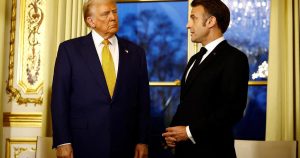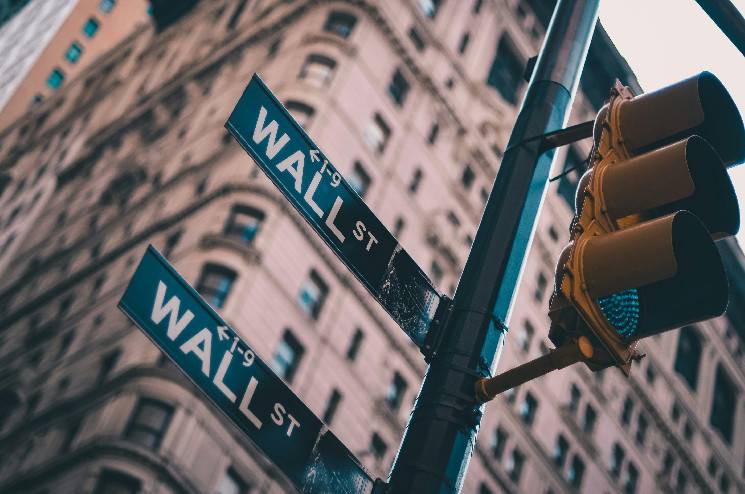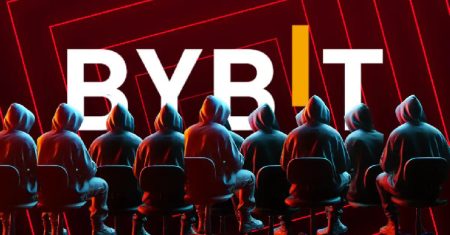EDX Markets: A New Era in Institutional Crypto Trading
Expansion and Growth: EDX Markets Adds 17 New Cryptocurrencies
EDX Markets, a cryptocurrency exchange backed by financial heavyweights like Fidelity Digital Assets, Charles Schwab, and Citadel Securities, is making a bold move to expand its offerings. The platform, which was previously limited in its selection of cryptocurrencies, has announced the addition of 17 new tokens. This strategic expansion is part of EDX’s efforts to position itself as a robust trading platform capable of meeting the growing demand from institutional investors. The newly listed tokens include AAVE, BCH, COMP, LINK, PEPE, SOL, UNI, USDC, WIF, XRP, AVAX, ADA, BONK, Stellar Lumens (XLM), TRUMP, XTZ, and ETC. With this move, EDX aims to become a one-stop-shop for institutional clients, offering a diverse range of assets and solidifying its presence in the global crypto market.
A Platform Built for Institutions: The Vision of EDX Markets
EDX Markets CEO Tony Acuña-Rohter emphasized that the platform was designed from the ground up with institutions in mind. “From the outset, we were designed and built for institutions for exactly what’s happening right now,” Acuña-Rohter said in an interview with CoinDesk. This vision has been years in the making, with the company benefiting from the crypto winter and the fallout from the collapse of FTX. These events gave EDX the time and space to build out its technology and prepare for the influx of traditional financial institutions entering the crypto space. Acuña-Rohter, who took over as CEO in December after founder Jamil Nazarali moved to the role of executive chair, highlighted that the company is now ready to absorb new entrants from traditional finance.
A Conservative Approach with a Focus on Regulatory Clarity
Despite the excitement around the new listings, EDX Markets has taken a cautious approach to expansion. The company prides itself on being conservative from a regulatory perspective, ensuring that all processes, policies, and procedures are clear and robust. This approach has become even more viable under the new administration, which has prioritized providing regulatory clarity rather than taking enforcement actions against crypto companies. Acuña-Rohter noted that this shift in regulatory focus has significantly reduced the risk associated with adding new tokens to the platform. By maintaining a conservative stance, EDX Markets aims to build trust with institutional clients and regulators alike.
A Unique Operational Model: Separation of Exchange and Broker-Dealer Functions
One key feature that sets EDX Markets apart from other crypto exchanges is its operational structure. Unlike many exchanges, EDX does not hold customers’ digital assets directly. Instead, it operates through financial intermediaries, mirroring the structure of traditional stock exchanges like the New York Stock Exchange or Nasdaq. This model ensures a clear separation between the exchange and broker-dealer functions, a feature that appeals to regulators. Jamil Nazarali, EDX’s founder and now executive chair, explained that this structure provide an additional layer of security and transparency, making it more attractive to institutional investors who are accustomed to the safeguards of traditional financial markets.
Focused on Institutional Clients: A Strategic Approach to Growth
EDX Markets has always been clear about its target audience: institutional investors. The exchange, which launched in the U.S. in June 2023, has already garnered significant attention due to its backing by major Wall Street firms, including Fidelity, Schwab, Paradigm, Sequoia Capital, and Citadel. While the platform initially focused on a limited selection of cryptocurrencies—bitcoin (BTC), ethereum (ETH), and litecoin (LTC)—it has now decided to expand its offerings to cater to the diverse needs of its institutional clients. By integrating a broader range of assets, EDX aims to grow its client base and establish itself as a go-to platform for institutions looking to enter the crypto market.
The Future of EDX Markets: Perpetual Futures and Global Expansion
Looking ahead, EDX Markets has ambitious plans to further solidify its position in the crypto space. The company is set to introduce a perpetual futures exchange in the second quarter of this year, which will be based in Singapore but available to clients in jurisdictions where such trading is permitted. However, this offering will not be available in the U.S., where EDX is focusing on expanding its product offerings and onboarding clients from traditional finance. Acuña-Rohter expressed confidence in the company’s future, stating, “This is the moment we’ve been waiting for.” With its robust technology, conservative approach, and focus on institutional clients, EDX Markets is well-positioned to capitalize on the growing demand for crypto from traditional financial institutions.















